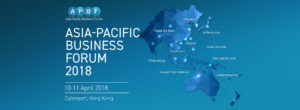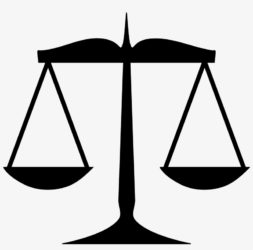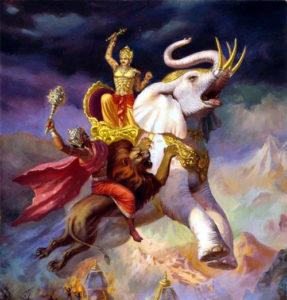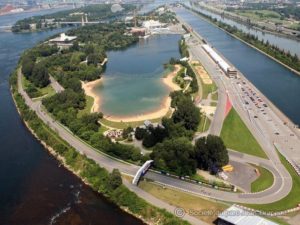
The Seventh Asia Pacific Forum on Sustainable Development (APFSD) held on 20th May in Bangkok-Thailand, was convened as a virtual meeting for the first time, complying with the ‘new normal’ in the COVID 19 context, and Sri Lanka’s Permanent Representative to the United Nations Economic and Social Council for Asia and the Pacific (UNESCAP), H.E. (Mrs.) Samantha K. Jayasuriya, Ambassador of Sri Lanka to Thailand, was elected by acclamation as the Chair of 7th APFSD and will serve for a period of one year.
The 7th APFSD was held under the theme ‘Accelerating action for and delivery of the 2030 Agenda in Asia and the Pacific’. Recalling that the UN has declared a ‘Decade of Action’ in realizing the 2030 Agenda, Ambassador Jayasuriya, addressing the Opening Session underscored the importance of multi-stakeholder partnerships and well coordinated response at national, and regional levels, including with all institutions and all members of society, as well as from the multilateral cooperation framework, in moving forward.
Joining the Opening Session online from New York was the United Nations Deputy Secretary-General Amina J. Mohammed, and the United Nations Under-Secretary-General and Executive Secretary of ESCAP Ms. Armida Salsiah Alisjahbana, and H.E. Mr. Don Pramudwinai, Minister of Foreign Affairs, Thailand, also addressed the Session. The speakers highlighted the need to change the challenges posed by COVID-19 crisis into new opportunities. They suggested on enhanced investments in social protection and health care, developing economic models aiming at green jobs, leveraging on innovations to advance technology based solutions while bridging the digital divide and enhancing scientific cooperation in the Asia Pacific Region etc.
Joining from Colombo, Dr. Sugath Yalegama, Director General of the Sustainable Development Council of Sri Lanka shared Sri Lanka’s responses to contain the COVID 19 and actions taken in accelerating progress on the 2030 Agenda for Sustainable Development. Emphasizing the necessity and importance of focusing on immediate and medium term strategies, in the post COVID 19 context, he also highlighted that the new realities need to be incorporated into the goals and targets of 2030 Agenda.
The Session was joined online by over 730 participants representing member States, major stake holders, civil society and NGOs, and was declared opened by H.E. Fidelis Magalhães, Minister for Legislative Reforms and Parliamentary Affairs of the Democratic Republic of Timor-Leste, as the outgoing Chair of the 6th APFSD. The annual Asia-Pacific Forum on Sustainable Development (APFSD) is an inclusive intergovernmental forum and a regional platform for supporting countries, in particular those with special needs, in the implementation of the 2030 Agenda for Sustainable Development.
Ms. Shiranthi Ratnayake, Additional Director General, National Planning Department, Ms. Samanthi Senanayake, Director and Ms. Sheron Hewawaduge, Assistant Director, Sustainable Development Council of Sri Lanka joined virtually from Colombo, and Mrs. Poornima Gunasekera, Head of Chancery, Mr. Anil Sirimanna, Counsellor (Commerce), and Ms. Saritha Ranatunga, Second Secretary of the Sri Lanka Mission in Bangkok also represented the GOSL delegation to the 7th APFSD.






